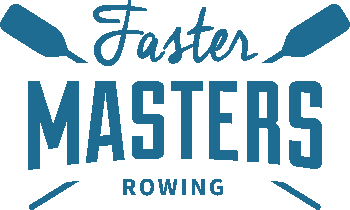Marlene and Rebecca discuss
– synchronising male / female masters crews
– solving a leftwards lean while sculling
– Buying a boat – particularly a single scull 1x
– FISA Masters Regatta
– Masters Nutrition Webinar from Rowing New Zealand
Timestamps to the show
04:15 Synchronising male and female mixed crews – look if your oars are parallel; check catch and finish timings – clues you are not together. Easy things to adjust – foot stretchers, Hips level with the pin, practice timing drills to blend your strokes together.
Before buying a rowing boat
12:40 What do you need to know or do before buying a boat
- If you are an experienced rower – you know your boat weight, the type of boat you want, the manufacturer you prefer Then all you need to know is the money, the timeframe and racking / storage.
- If you are not an experienced rower – you need to do some basic background research first.
A checklist before buying a rowing boat
- How experienced are you in rowing? Beginner, intermediate or advanced. This affects your choice of hull design and stability.
- Do you want sweep, sculling or both? For one, 2, 4 or 8 people?
- Will you row on the ocean or a river (tidal or not), on a lake or river which is windy or sheltered? Salt water means you must have stainless steel fittings to prevent corrosion.
- If you want to row on rough water / the sea you should choose a coastal boat design. If you have flat water you should choose a fine boat – these have varying stability options
- Try out boats by borrowing them from other people. Find what you like and what you can afford.
– Have you got storage space? The type of boat should suit your water and racing choices. Different pricing levels. The right size for your body weight. Comfort is key. Test drive as many as you can.
Find places to buy rowing boats at the Rowing Directory
Buying second hand rowing boats
19:00 Buying second hand rowing boats – how to get a ‘deal’.
Know what you want, get an experienced person to look over the boat for you for repairs. Weigh the boat. Do the shoes fit? How worn are the fitments – gates, shoes, slides, bow ball?
27:00 Solving a leftwards lean in a single scull. Check your hand positions at crossover, sit square on the seat, are your elbows dropped? Get a functional movement assessment. Video yourself to see where you go off of center during the stroke cycle.
34:00 Squeaky oarlocks in a single scull. Clean them, check the inserts – consider olive oil as a lubricant.
More Resources
Returning to rowing article – what to expect when you restart as a master.
Rigging for Masters webinar – what span/spread to use, oar lengths and inboards, download comparison charts
Getting into a single scull article – how to do it, what to watch out for, keeping stable.
n


